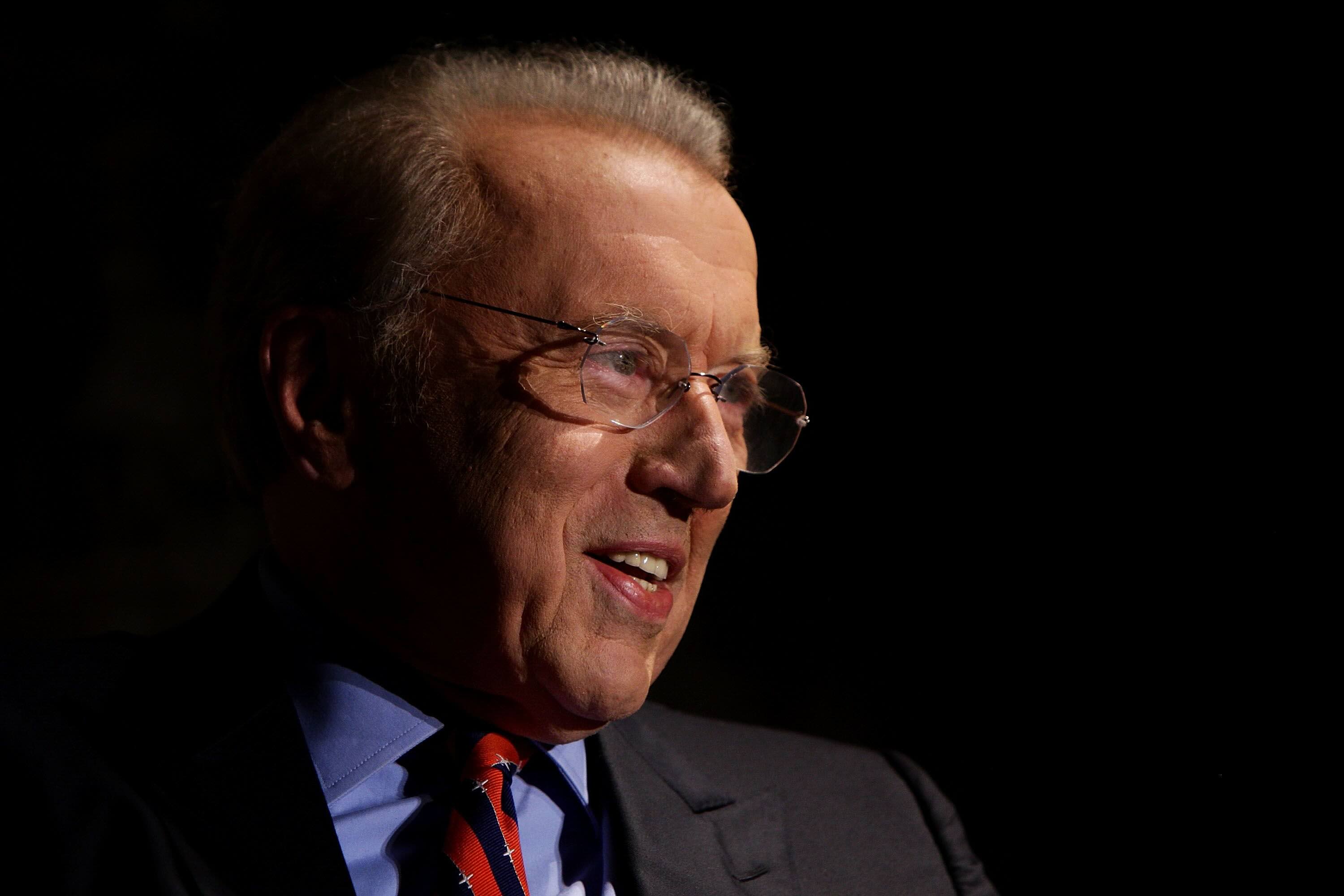
Who was David Frost? David Frost was a British television host, journalist, and comedian best known for his incisive interviews and sharp wit. Born in 1939, he gained fame in the 1960s with the satirical show "That Was the Week That Was." Frost's career spanned over five decades, during which he interviewed numerous world leaders, including Richard Nixon in a series of interviews that became legendary. His ability to blend humor with hard-hitting journalism made him a unique figure in broadcasting. Frost's work left an indelible mark on television journalism, influencing many who followed in his footsteps.
Early Life and Education
David Frost's journey began long before he became a household name. His early life and education played a significant role in shaping his future.
-
Born on April 7, 1939, in Tenterden, Kent, England, David Paradine Frost was the son of a Methodist minister. This religious upbringing influenced his values and work ethic.
-
Frost attended Gillingham Grammar School and later Gonville and Caius College, Cambridge. At Cambridge, he joined the prestigious Footlights Club, where he honed his comedic and performance skills.
Career Beginnings
David Frost's career took off in the 1960s, a decade known for its cultural and social revolutions. His early work laid the foundation for his future success.
-
In 1962, Frost became the host of "That Was the Week That Was" (TW3), a satirical television show that broke new ground in British broadcasting. The show was known for its sharp political commentary.
-
Frost's interviewing skills were evident early on. He conducted one of the first televised interviews with The Beatles in 1964, showcasing his ability to connect with high-profile personalities.
The Frost/Nixon Interviews
One of the most defining moments of David Frost's career was his series of interviews with former U.S. President Richard Nixon. These interviews remain a significant part of television history.
-
In 1977, Frost conducted a series of interviews with Nixon, who had resigned from the presidency three years earlier. These interviews were groundbreaking because they addressed the Watergate scandal directly.
-
During the interviews, Nixon famously admitted, "When the President does it, that means that it is not illegal." This moment highlighted Frost's ability to elicit candid responses from his subjects.
Contributions to Broadcasting
David Frost's impact on broadcasting extended beyond his interviews. He played a pivotal role in shaping modern television.
-
Frost co-founded London Weekend Television (LWT) in 1967, which became one of the UK's leading commercial television companies. LWT produced a variety of successful programs, including "The South Bank Show."
-
He hosted "The David Frost Show" in the United States from 1969 to 1972. This show featured interviews with prominent figures such as Muhammad Ali, Orson Welles, and Paul McCartney.
Awards and Recognition
David Frost's contributions to journalism and broadcasting did not go unnoticed. He received numerous accolades throughout his career.
-
Frost was knighted by Queen Elizabeth II in 1993 for his services to broadcasting. This honor recognized his significant impact on the industry.
-
He won multiple awards, including several BAFTA awards and an Emmy. These awards celebrated his excellence in television and journalism.
David Frost's legacy continues to influence the world of broadcasting and journalism. His ability to connect with people, ask tough questions, and create compelling television remains unmatched.
The Legacy of David Frost
David Frost's impact on journalism and television is undeniable. From his groundbreaking interviews with Richard Nixon to his role in shaping modern talk shows, his career was marked by innovation and excellence. Frost's ability to connect with audiences and extract revealing insights from his guests set a high standard in the industry. His work continues to inspire journalists and broadcasters today. Remembering his contributions helps us appreciate the evolution of media and the importance of fearless, thoughtful journalism. Frost's legacy is a testament to the power of asking the right questions and the impact one individual can have on public discourse. Whether you're a budding journalist or a media enthusiast, learning about David Frost offers valuable lessons in curiosity, perseverance, and the art of conversation. His story is a reminder that great journalism can change the world.
Was this page helpful?
Our commitment to delivering trustworthy and engaging content is at the heart of what we do. Each fact on our site is contributed by real users like you, bringing a wealth of diverse insights and information. To ensure the highest standards of accuracy and reliability, our dedicated editors meticulously review each submission. This process guarantees that the facts we share are not only fascinating but also credible. Trust in our commitment to quality and authenticity as you explore and learn with us.
